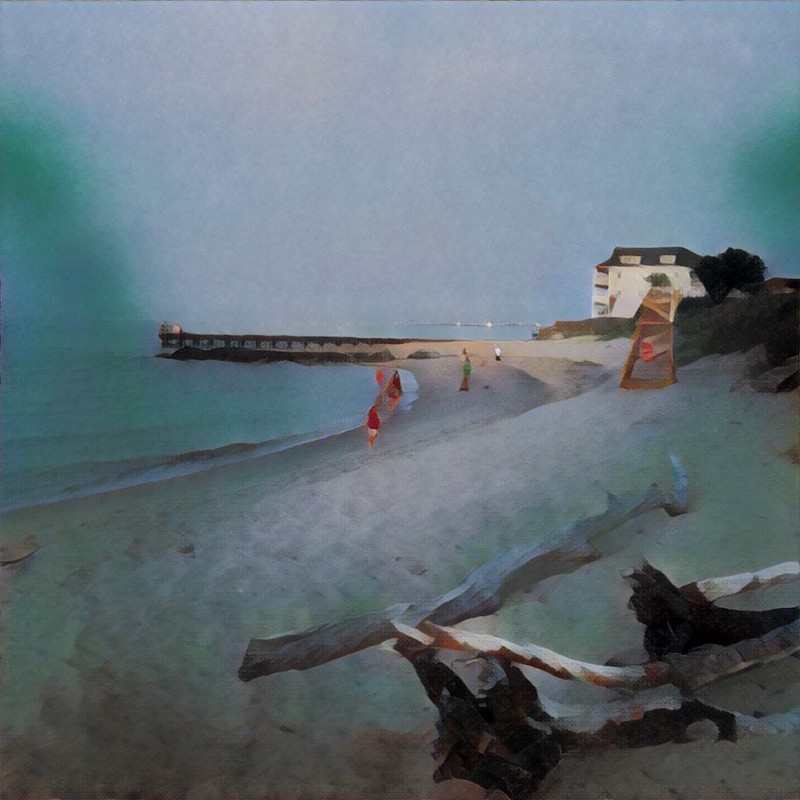What is pseudo intellectualism?
Pseudo Intellectualism, as defined by dictionary.com is:
- Exhibiting intellectual pretensions that have no basis in sound scholarship.
- Pretending an interest in intellectual matters for reasons of status.
There’s no other time in the history of the world we have a limitless amount of knowledge at our fingertips. Traditionally, we’ve depended on institution and life experience to dictate who had access to knowledge but as a result of technological advances, we’ve seen a rapid democratization of knowledge in a way which overloads how we identify who and what is intellectual.
Instead of leaning on academic credentials, intellectual pursuits, and/or age, we’ve become a society focused on stance and position. We focus on a person’s ability to create a stance and answer a question instead of the pursuit of the right question. Ultimately, the pursuit of questions or answers is what differentiates an intellectual from a pseudo intellectual. The answer can be 42 but what is the ultimate question?
What are some examples?
Example of pseudo intellectualism is all around us. My favorite example of pseudo intellectualism are some people that consider themselves “woke”. Woke, for those asking what that even means in this context, is the awareness of systems and messages that facilitate social injustice. Some people will recite to you all the reasons said systems exist and how they are impacted but then enforce the same systems on other people. This shows a puedo understanding of what the systems are and how they impact a group’s existence.
Another example is our election process in the US. You are well informed if you identify key platform positions for each candidate. We regurgitate positions, history, topics of contention, but rarely ask why. Why does this position exist? Why are they on this side of the issue? What are the long term implications of this person’s position? We are hand fed talking points by the news and use them in conversation. As a result, they eventually become a force framework for how we think about the election. It becomes this vs that. The forced dichotomy prevents us from asking bigger questions that challenge the election process.
Is it bad for society?
Yes and no. The traditional role of intellectuals was to move the “pursuit of knowledge” forward so others can partake in its fruits. We’ve gotten to a point where there’s so much information and knowledge openly available, we need people who will curate and provide us with a bite sized understanding with the hope an average of bite sized summaries and positions will get us closer to understanding topics of interest.
To counter, pseudo intellectualism lulls people into a surface understanding of life. We outsource intellectual processing to other parties so we just become consumers of knowledge without knowing what went into making it. What’s in that burger?
How can we do better?
There are three simple ways we can combat pseudo intellectualism.
- Call out people who exhibit pseudo intellectual habits.
- Always ask why
- Be wary of those who point to an absolute truth…. One of my favorite sayings, “Nothing is true, everything is permitted.” is from Assassin’s Creed. “To say ‘Nothing is True’, is to realise that the foundations of society are fragile, and that we must be the shepherds of our own civilisation. To say that ‘Everything is Permitted’, is to understand that we must live with the consequences of our actions whether good or bad.”



